PAW Climate Expert Round 4: Space Data for Earth Observation
Date:
Monday, June 14, 2021
Time:
1:00 pm
Track:
Summary:
1. ESA Earth Observation Data Generation, Management and Access (Nicolaus Hanowski)
ESA is operating the most productive and sophisticated fleet of Earth Observation satellites in the world. Understanding the data content, the way it is processed and made accessible to everyone should facilitate new applications. New missions are relied for generating entirely new Earth Observation data sets and provide new opportunities for new applications. The presentation will illustrate easy data access options. The potential of “predictive” Earth Observation will be explained.
2. Why Open EO Data Should be Accessible for Everyone and How They Could Help Solve Our Global Issues (Niklas Jordan)
Earth observation data from public space agencies, such as the ESA, is available to everyone free of charge, but not everyone can access it. Technical and professional requirements make it challenging to access this treasure trove of data. In my presentation, I will discuss how, in addition to science and professional users, civil society, such as journalists, teachers, NGOs, and almost all citizens, can benefit from this data to solve our time’s major global problems.
3. Convolutional Neural Networks for Damage Assessment and Disaster Relief (Thomas Chen)
Natural disasters ravage the world’s cities, valleys, and shores on a monthly basis. Having precise and efficient mechanisms for assessing infrastructure damage is essential to channel resources and minimize the loss of life. Using a dataset that includes labeled pre- and post- disaster satellite imagery, we have conducted research training multiple convolutional neural networks to assess building damage on a per-building basis. In order to investigate how to best classify building damage, we present a highly interpretable deep-learning methodology that seeks to explicitly convey the most useful information required to train an accurate classification model. Participants in this session will learn about why interpretability is important and the ramifications of AI for disaster management. Our research seeks to computationally contribute to aiding in this ongoing and growing humanitarian crisis, heightened by climate change.
